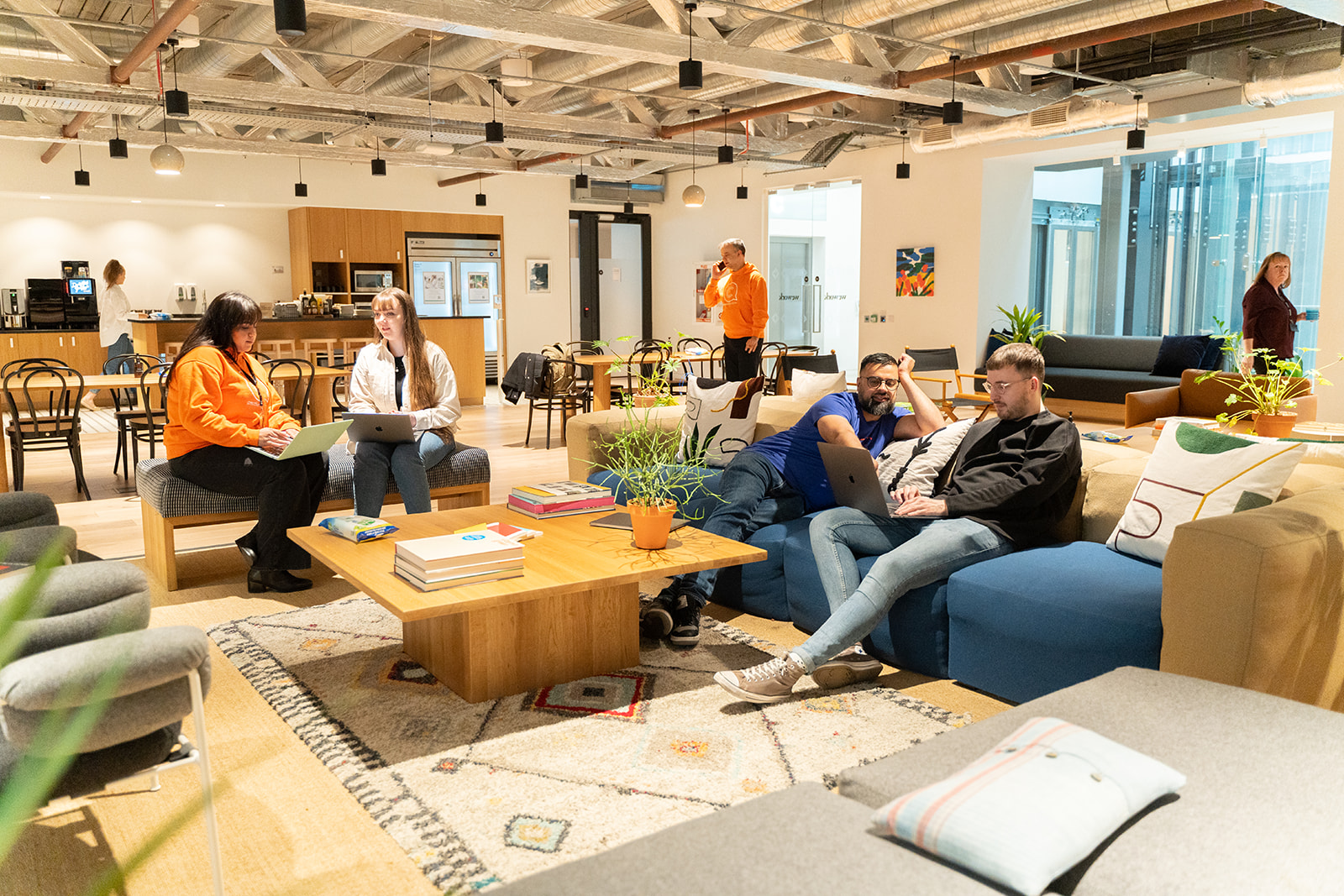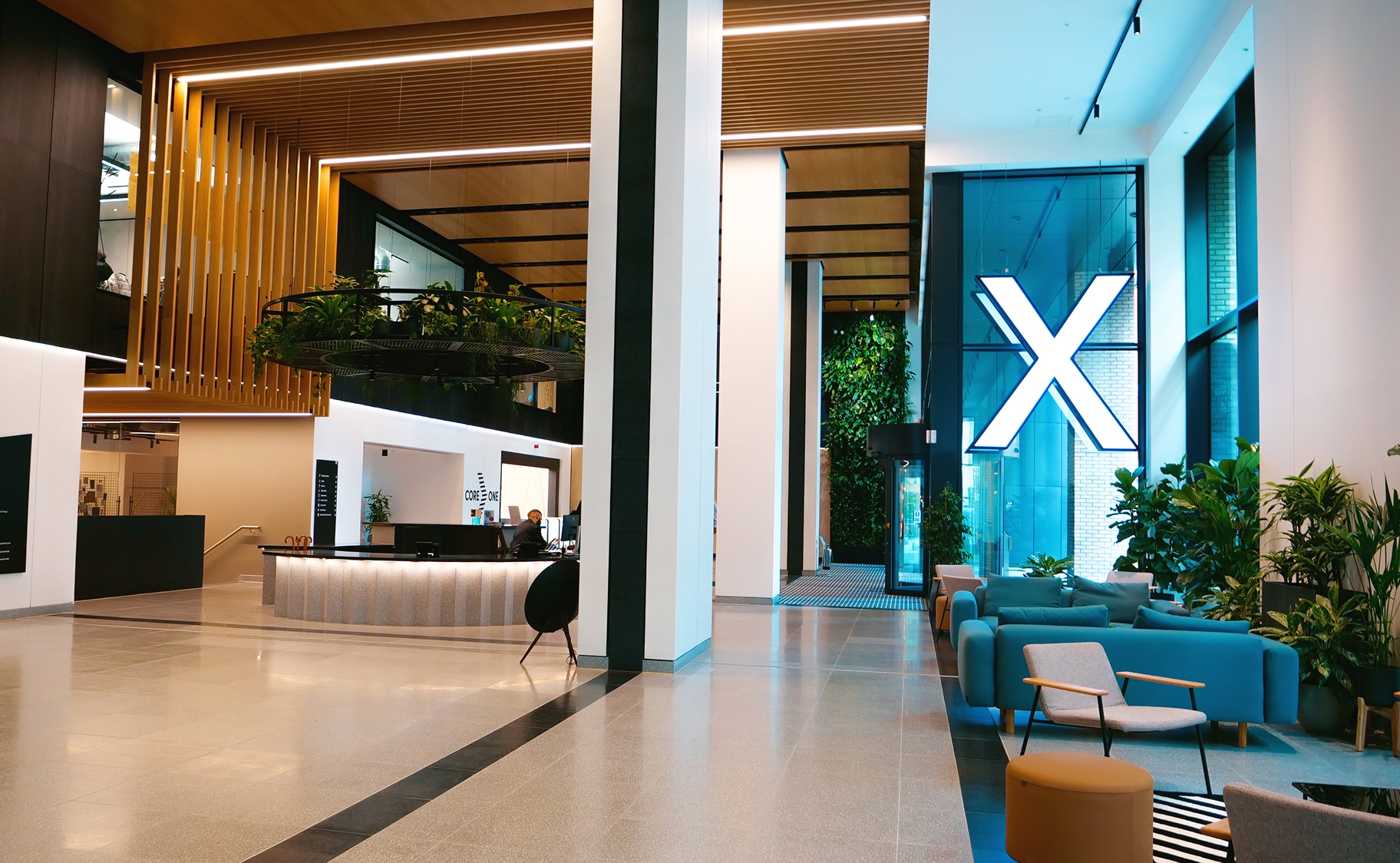What is On-Page SEO & How to Improve On-Page Optimisation

If you are a business owner, website creator or digital marketer looking to optimise your search engine visibility and enhance user experience, then on-page SEO is something that should be on your radar. On-page and off-page SEO are both essential to effective optimisation, but on-page SEO is particularly important making sure your content gets seen.
On-page SEO services - also known as ‘on-site SEO’ - refers to the practice of ensuring that all elements of an individual page are optimised for discoverability by Google, Bing and other major search engines. By following best practices for on-page SEO, you can ensure that your pages have the highest potential for ranking in relevant organic search results, ensuring higher CTR (Click Through Rate) and increasing traffic from prospects over time.
In this blog post, we'll provide an overview of what on-page SEO entails as well as tips and tools to improve it – read on to find out more.
What is SEO On-Page and Why is it Important?
SEO on-page is a type of search engine optimisation (SEO) that helps improve a website’s visibility in search engine results by optimising the content, structure and code of the website. It involves ensuring that the content on a web page is relevant to what people are searching for and making sure it has been optimised with keywords, HTML tags and other on-page elements. An on-page SEO checker can be used to help you identify and fix SEO on-page issues on your webpage to get more organic traffic. On-page SEO is important because it helps search engines understand what a page is about so they can accurately index it in their search results.
It also ensures that visitors have an enjoyable experience when they visit your website, as optimised content is more engaging and relevant to their needs. By improving on-page SEO performance, you can make sure your website stands out from competitors and ranks better in the SERPs.
Key Elements of On-Page SEO:
Let’s explore some of the key components of on-page SEO and how they work...
Title Tag Optimisation
Title tags are HTML elements on a web page that provide the title of the page and appear in the head section of the HTML document. Title tags are important for SEO on-page because they provide search engines with an indication of what is contained within the page as well as helping to make sure that your pages rank higher in SERPs.
Meta Description Optimisation
Meta description optimisation is an essential part of on-page SEO as it helps to improve the visibility and ranking of a website in search engine results. The meta description is a snippet of text, usually seen as a preview of the page content, which appears in the SERP. It is important to ensure that this snippet accurately reflects the content that is on the page.
Image Alt Text Optimisation
Image alt text optimisation – or ALT text - provides a textual description using relevant keywords associated with an image or photo, which is used by search engine crawlers when scanning the page. It can also help visually impaired users, who may be using screen reading software to better understand what’s on the page.
URL Structure Optimisation
URLs are an important signal to search engines that drives both ranking and click-through rates. The URL should accurately reflect the content of the page, include relevant keywords and phrases, be easy to read, and be short enough to not overwhelm readers.
Tips for Improving Your On-Page SEO:
There are many different ways you can improve your on-page SEO, including:
Create High Quality Content
Creating high quality content is integral for successful on-page SEO. Content should be written with an audience in mind and should provide valuable, relevant information with a keyword focus that accurately reflects the topic being discussed. The keyword density should also be taken into account when creating content to ensure that it is as optimised and visible as possible to search engine algorithms.
Additionally, content should include enough detail and facts to engage readers, as well as language with higher semantic richness—such as using more descriptive or technical terms—to make it easier for search engines to understand. Researching the target audience and understanding their needs can help ensure that the best topics are chosen, and the most effective words are used in the content creation process.
Use Targeted Keywords
Using appropriate and engaging keywords can also help optimise web content so that it appears higher in the results of a search engine query. Keywords are words or phrases that online users type into a search engine when looking for information on a particular topic and can range from one or two words to long-tail keywords composed of several words.
If you choose popular and highly competitive keywords, your content will likely be lost in the crowd and won’t be seen by potential visitors. Therefore, researching trends, both current ones and those correlating with previous years, can help you establish which trends are growing in popularity while avoiding those that have already saturated the market.
Utilise Internal Links to Boost Rankings
Internal links are links from one page of a website to another. They are an important part of SEO on-page, as they help improve the user experience and boost rankings. Internal links make it easier for visitors to navigate your website and can be used to strengthen the relationship between related pages by leading visitors to additional content that is relevant to their search query. They also help search engines crawl deeper into your website, indexing more pages and improving overall visibility in the SERPs.
When using internal linking strategies, it is important to link with relevant anchor text in order to maintain higher semantic richness. Anchor text provides additional context for the linked page and helps search engines understand what topics you’re covering on each of your webpages.
Implementing an Effective On-Page SEO Strategy
By utilising essential features of SEO like title tags, meta descriptions, ALT text and URL structures, alongside creating high quality content rich in targeted keywords and internal links, you can ensure your project becomes more visible and rises to fruitful success.
Here at Creative Ideaz, we are proud to have been helping businesses achieve their highest potential and incredible online success for the last 16 years. Our talented and experienced SEO on-page experts are an integral part of our strategy, ensuring that our content is highly relevant, extremely effective, and yields the results we aim for and beyond.
Find out how we can revolutionise your business with our award-winning organic SEO and local SEO!
More than an agency.
Your digital partner.
Define Your Mission Brief
Assemble Your Delivery Squad
Launch Your Project
Optimise & Scale Delivery




